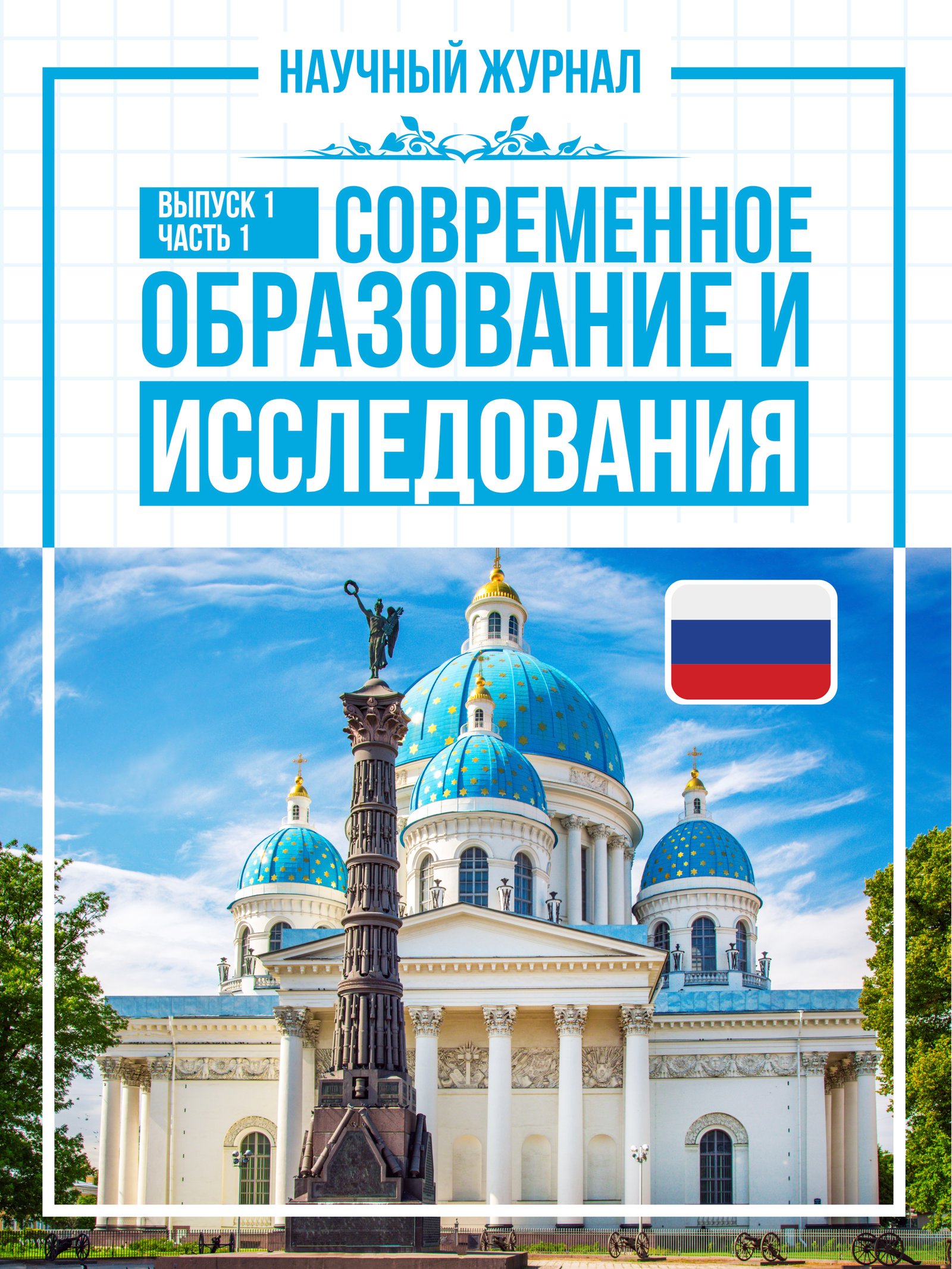ERROR CORRECTION AND FEEDBACK IN ENGLISH CLASSES
Keywords:
Error correction, feedback, language learning, accuracy, fluency, classroom strategies, learner motivation.Abstract
Error correction and feedback are integral components of English language teaching, as they guide learners toward greater accuracy and fluency. Effective feedback not only draws attention to language errors but also encourages learners to reflect on their performance and develop self-correction skills. This paper examines different types of error correction, including direct, indirect, and peer feedback, and discusses their impact on learners’ motivation and progress. It also highlights the importance of balancing accuracy with fluency, ensuring that feedback supports communication rather than discourages it. Practical classroom strategies are suggested to make error correction more constructive and learner-centered.
References
. Corder, S. P. (1967). The significance of learners’ errors. International Review of Applied Linguistics, 5(1), 161–170.
2. Truscott, J. (1996). The case against grammar correction in L2 writing classes. Language Learning, 46(2), 327–369.
3. Ellis, R. (2009). Corrective feedback and teacher development. L2 Journal, 1(1), 3–18.
4. Sato, M. (2013). Peer interaction and corrective feedback for accuracy and fluency development. Studies in Second Language Acquisition, 35(4), 607–650.
5.Hedge, T. (2000). Teaching and Learning in the Language Classroom. Oxford University Press
6. Adilova, A. S. (2021). Corpora and corpus-based teaching Uzbek to foreigners. International Journal of Multicultural and Multireligious Understanding (IJMMU), 8(4), 525-531.
7. Abdurahimovna, A. S. (2021, December). Tilshunoslik va tibbiyot integratsiyasi (AQSHdagi ayrim universitetlar misolida). In Conferences.
8. Adilova, S. A. O ‘ZBEK TILINI XORIJIY TIL SIFATIDA O ‘QITISH: TAJRIBA, MUAMMO, ISTIQBOL.
9. Ishanova, N. (2023). MAIN DIRECTIONS OF OPTIMIZATION OF TEACHING RUSSIAN AS A NON-NATIVE LANGUAGE TO VETERINARY STUDENTS. Science and innovation, 2(B8), 52-55.
10. Nargis, I. (2022). RUS TILINI O ‘QITISHDA ZAMONAVIY INTEGRATIV METODLAR. ILMIY TADQIQOT VA INNOVATSIYA, 1(3), 73-76.
11. Ишанова, Н. Р., & Назирова, З. Р. (2023). ПРЕПОДАВАНИЕ РУССКОГО ЯЗЫКА КАК НЕРОДНОГО СТУДЕНТАМ-ВЕТЕРИНАРАМ НА НАЧАЛЬНОМ ЭТАПЕ ОБУЧЕНИЯ. Science and innovation, 2(Special Issue 8), 1596-1598.
12. Seitova, Z. P. (2022). ENSURING GENDER EQUALITY AS AN IMPORTANT DIRECTION OF REFORMS IN MODERN UZBEKISTAN. Academicia Globe: Inderscience Research, 3(12), 275-284.
13. Сеитова, З. (2024). НАЛИЧИЕ ГЕНДЕРНО-УЩЕРБНЫХ СТЕРЕОТИПОВ В УСЛОВИЯХ ЮЖНОГО ПРИАРАЛЬЯ. Academic research in educational sciences, (3), 537-542.
14. ZP, S. (2023). Social Transformations and Changes in The Minds of Women. Journal of Advanced Zoology, 44.

